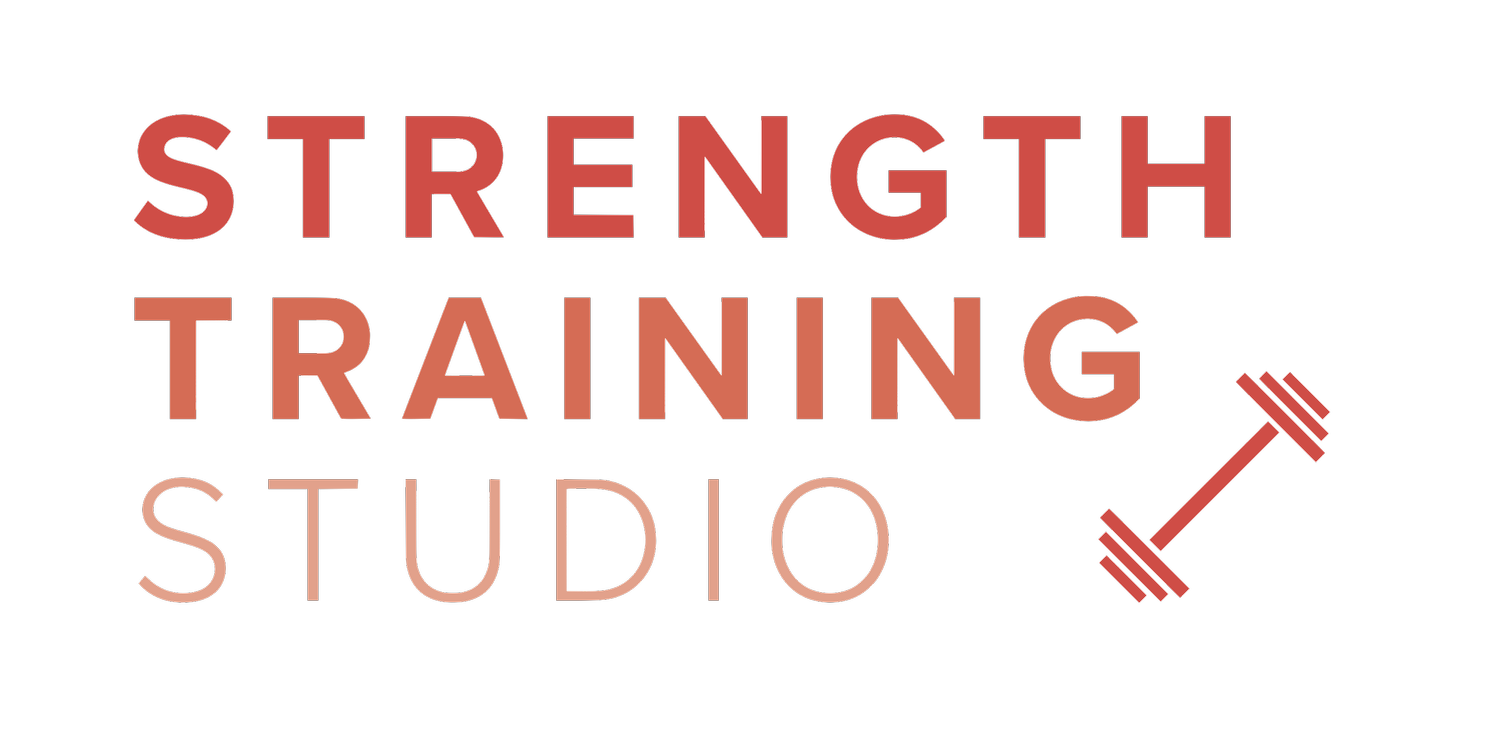Why Starting Resistance Training Matters at Every Stage of Life
As we journey through life, our bodies undergo inevitable changes. What once felt effortless in our youth may now require a bit more consideration and care as we age.
But at what age does this transition occur, and how should we approach exercise as we grow older?
Contrary to popular belief, there isn't a specific age at which we suddenly need to pump the brakes on our fitness endeavours. Instead, it's essential to recognise that our bodies evolve over time, and our approach to exercise should evolve with them. Whether you're in your 20s, 40s, or beyond, starting slowly and smartly is key to ensuring a safe and sustainable fitness journey.
In our younger years, it's easy to feel invincible and dive headfirst into any exercise routine that catches our fancy. However, as we enter our 30s and beyond, factors such as decreased muscle mass, joint stiffness, and reduced recovery capacity may begin to make themselves known.
This doesn't mean we need to throw in the towel on our strength workouts altogether.
It does underscore the importance of listening to our bodies and adjusting our approach accordingly. This may involve adjusting the workout regimen in various ways, such as reducing the weight and aiming for more repetitions to accommodate individuals with heart problems, osteoporosis, or respiratory conditions.
Alternatively, taking longer rest days between workouts to allow for adequate recovery can be beneficial. Additionally, shifting the focus from running, especially if it causes knee discomfort, to lifting weights to strengthen surrounding muscles may be a suitable modification.
Time and time again, the importance of incorporating resistance training into your fitness routine has been emphasized. However, as you age, its significance becomes even more pronounced. Engaging in resistance training becomes vital for reducing the risks of falls, illness, and other chronic conditions as you grow older.
So, whether you're embarking on your fitness journey in your 20s or recommitting to health and wellness in your 50s, remember this: it's never too late to start, and it's never too early to start smart. By embracing a gradual and mindful approach to exercise at every stage of life, we can ensure that fitness remains an important and sustainable part of our journey for years to come.
